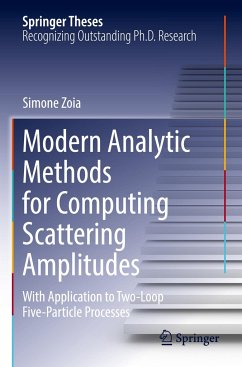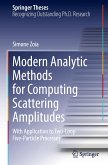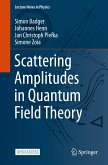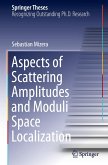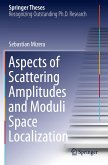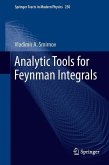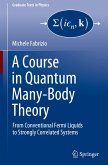This work presents some essential techniques that constitute the modern strategy for computing scattering amplitudes. It begins with an introductory chapter to fill the gap between a standard QFT course and the latest developments in the field. The author then tackles the main bottleneck: the computation of the loop Feynman integrals. The most efficient technique for their computation is the method of the differential equations. This is discussed in detail, with a particular focus on the mathematical aspects involved in the derivation of the differential equations and their solution. Ample space is devoted to the special functions arising from the differential equations, to their analytic properties, and to the mathematical techniques which allow us to handle them systematically. The thesis also addresses the application of these techniques to a cutting-edge problem of importance for the physics programme of the Large Hadron Collider: five-particle amplitudes at two-looporder. It presents the first analytic results for complete two-loop five-particle amplitudes, in supersymmetric theories and QCD. The techniques discussed here open the door to precision phenomenology for processes of phenomenological interest, such as three-photon, three-jet, and di-photon + jet production.

